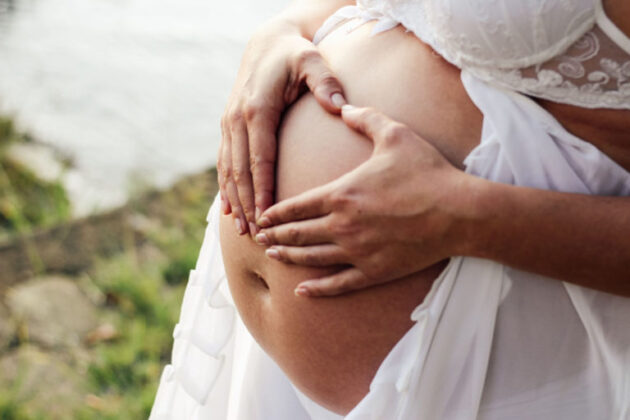
MPs to vote on bill seeking to regulate surrogacy, curb exploitation » Capital News
NAIROBI, Kenya Nov 29 – Members of Parliament are set to vote on a new bill that seeks to regulate surrogacy with a proposal that allows potential surrogates to be used only three times in their lifetime.
According to the Assisted Reproductive Technology Bill, 2022, women wanting to be surrogates will be required to wait for two years between each birth to be eligible for another agreement.
The bill sponsored by Suba North Member of Parliament Millie Odhiambo will be debated in the committee of the whole house and seeks to impede financial exploitation of women who would wish to be surrogates.
Surrogacy is a process in which a woman carries and delivers a child for a couple or individual and the Bill if approved by MPs will regulate it alongside other aspects of assisted reproductive technology.
The bill provides that men wishing to donate their sperms or women seeking to donate their embryos to aid infertile couples bear children cannot do so more than ten times.
“A person shall not perform a treatment procedure using gametes or an embryo produced by a donor if such procedure may result in more than ten children who are genetic siblings,” read the bill.
In the proposals, medical practitioners undertaking the assisted reproductive technology shall not keep or use an embryo other than a human embryo, place a human embryo in any animal or transfer an embryo in a woman other than a human embryo.
Where the sperm of a man, or any embryo the creation of which was brought about with the sperm of the man was used post humously, the proposal stated that he shall not be treated as the father of the child.
It pointed out that this is unless the mother was married to the man at the time of his death and he had consented to parentage.
“A person who contravenes the provisions of this section commits an offence and shall, upon conviction, be liable to a fine not exceeding five million shillings or to imprisonment for a term not exceeding five years, or to both,” reads the proposal.
An assisted reproductive technology expert will be required to obtain prior informed and written consent from the parties before providing any assisted reproductive technology service under the Act or any other law.
The procedure includes in vitro fertilization (IVF), intracytoplasmic sperm injection (ICSI), cryopreservation of gametes or embryos, and/or the use of fertility medication.
For one to go through any of the procedures, a doctor who is an assisted reproductive technology expert must determine that the person requires the same.
The consent under subsection shall make express provisions on the ownership of the gametes or embryo and the number of embryos to be implanted.
“It (the consent) should also stipulate what should be done with the gametes or embryos in case of the death of any of the parties seeking assisted reproductive technology services, incapacity of any of the parties seeking assisted reproductive technology services, abandonment of the gametes or embryos, dispute, divorce; or separation,” the proposals read in part.
The bill also provides setting up of cryo-banks – assisted reproductive clinics – which will only contain male sperms (gametes) from males between twenty-one years of age and thirty-five years of age and oocytes (eggs before maturity) from females between twenty-three years of age and thirty-five years of age.
The Health Cabinet Secretary will be required to set up a Directorate to guide operations of the assisted reproductive technologies and shall in consultation with the Salaries and Remuneration Commission, determine, Composition of the Directorate.
In the proposals, the Directorate will reserve the right to permit the disposal of gametes (male sperms and women ova) after ten years of preservation, donation of gametes to other couples pursuing assistive reproductive technology, the conduct of research on stem cells and zygotes that are not more than fourteen days old on a written application.
“An assisted reproductive clinic under this Act shall examine donors for diseases as may be prescribed by the Directorate.”
About The Author